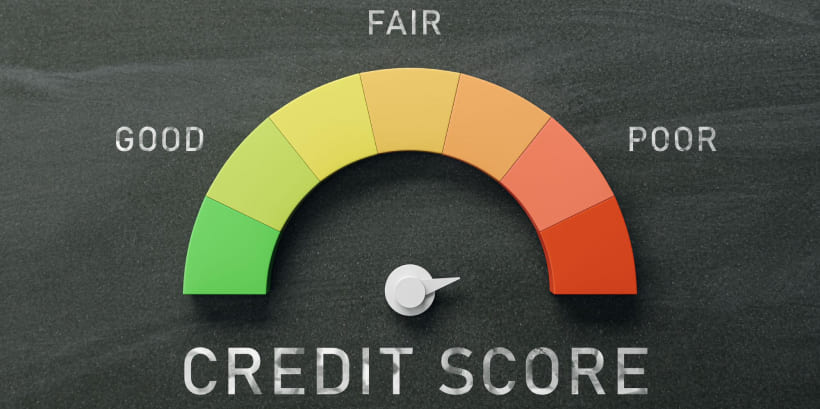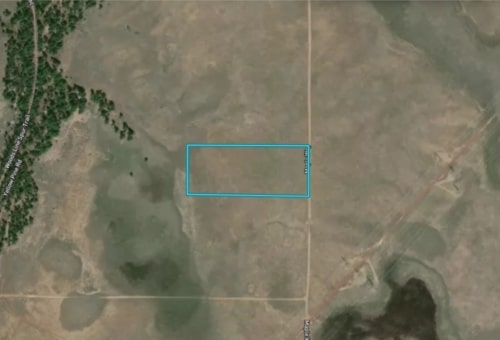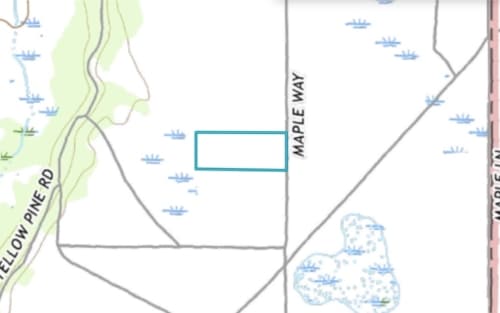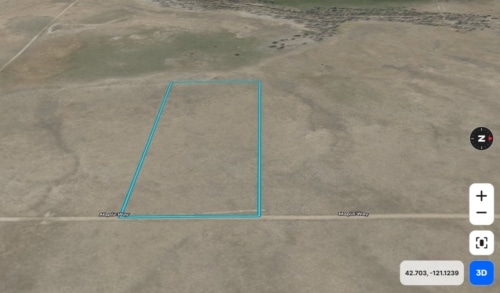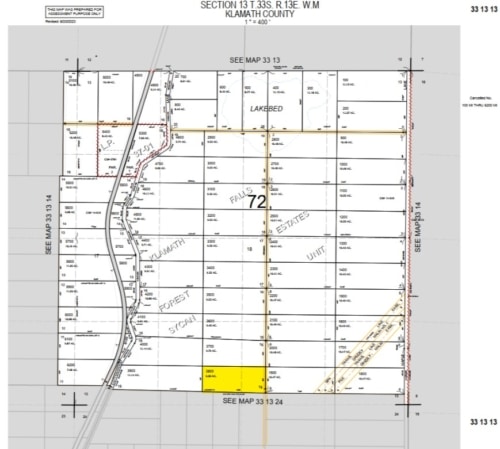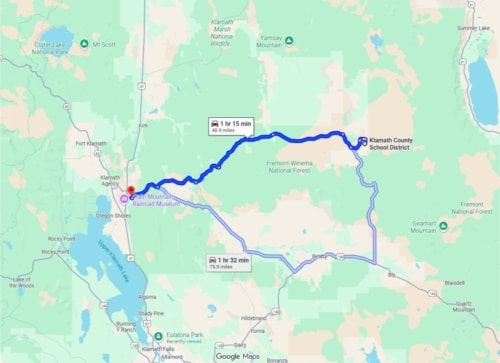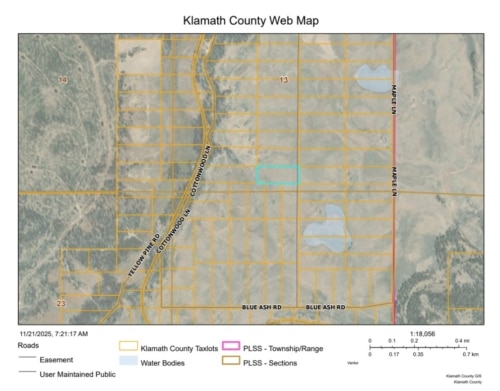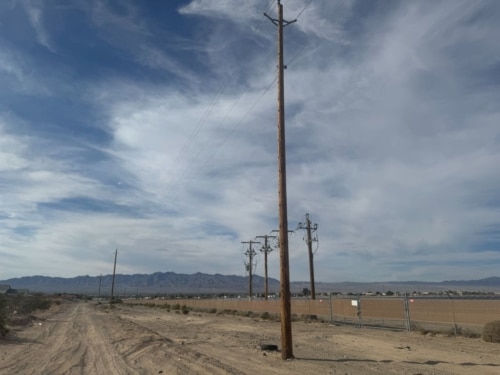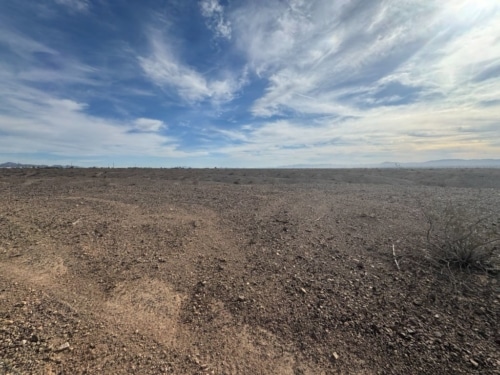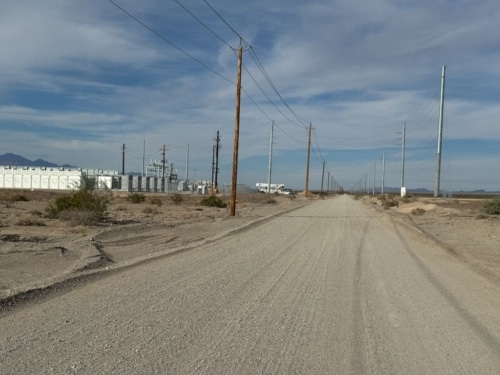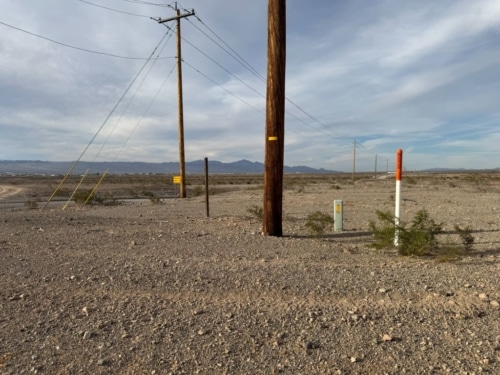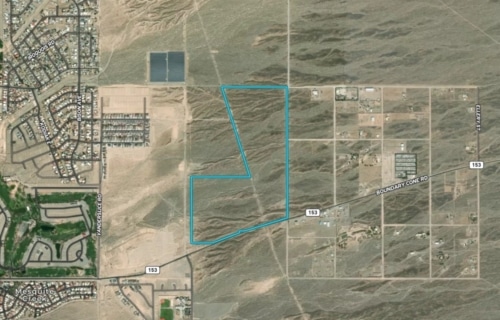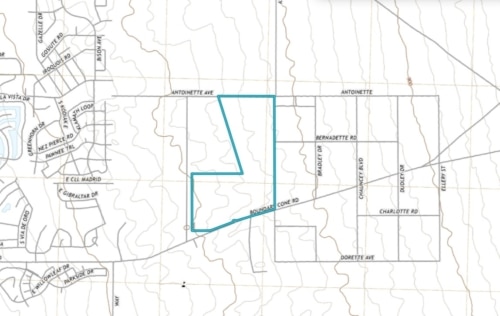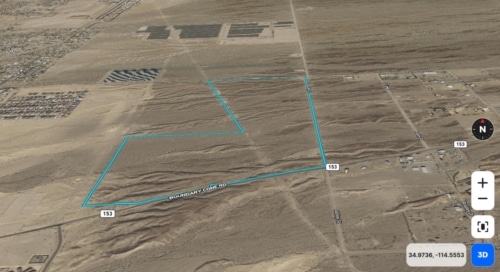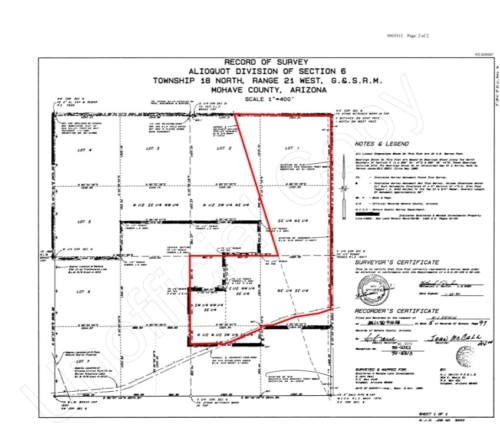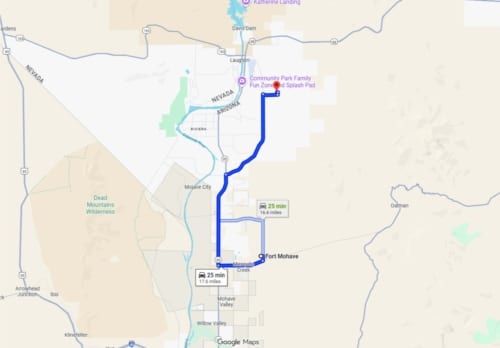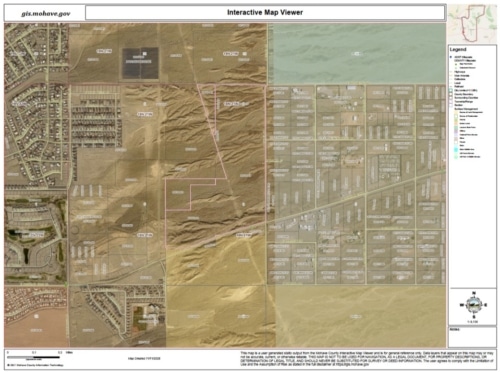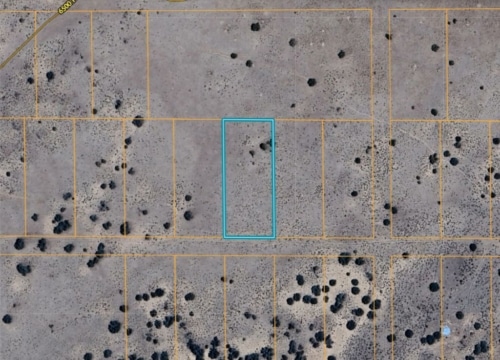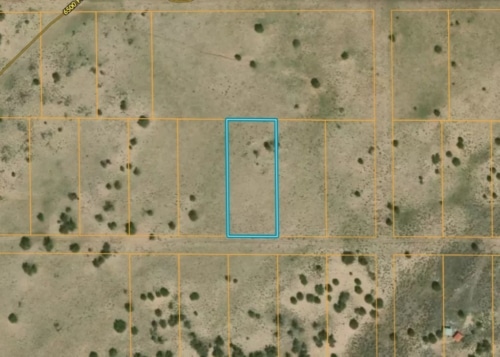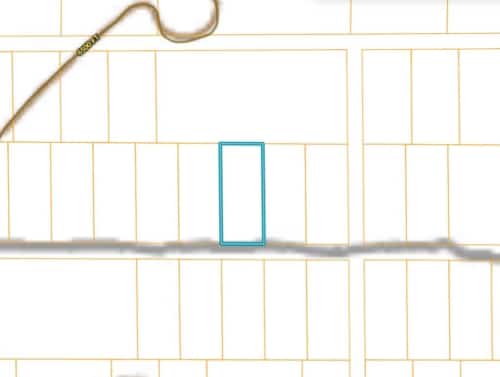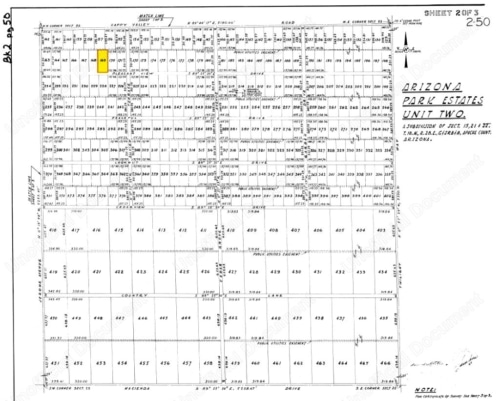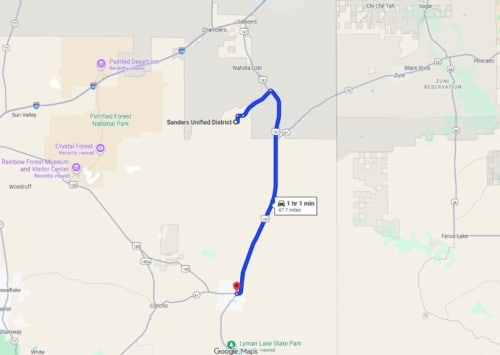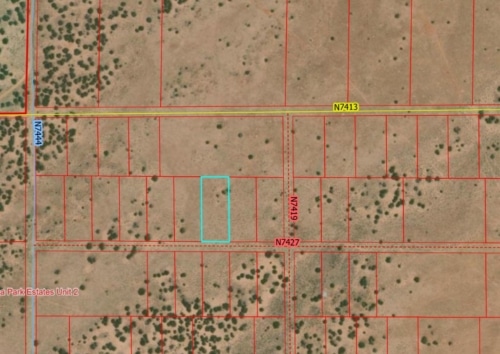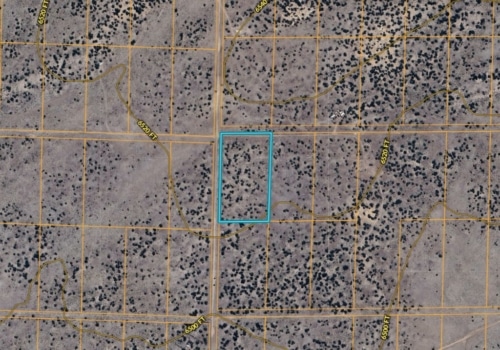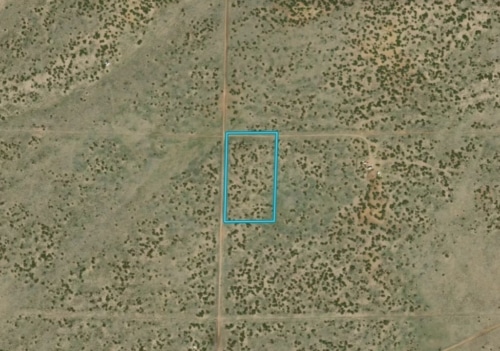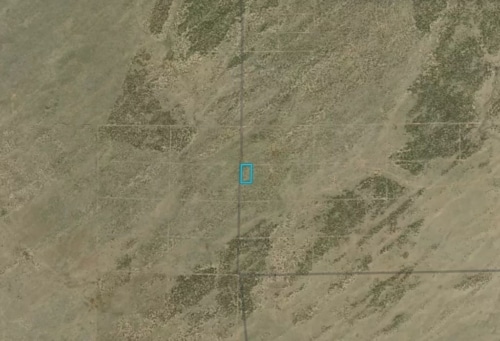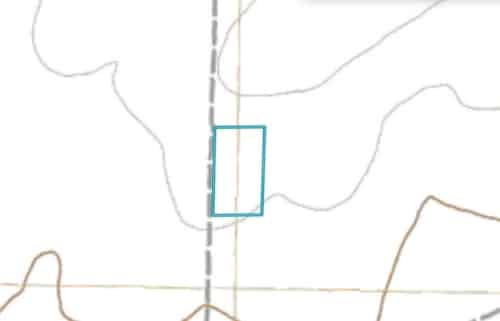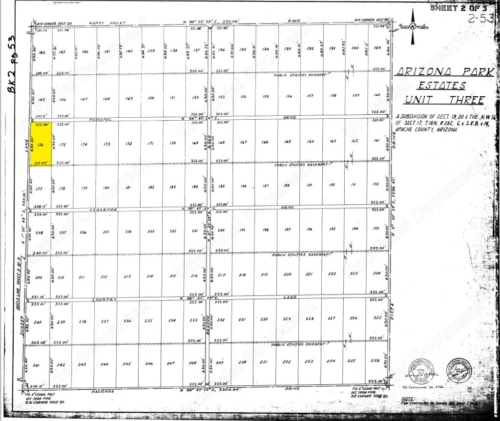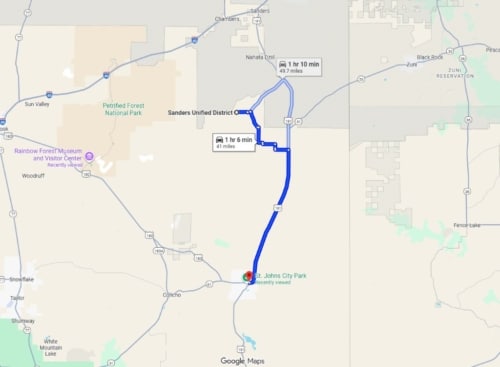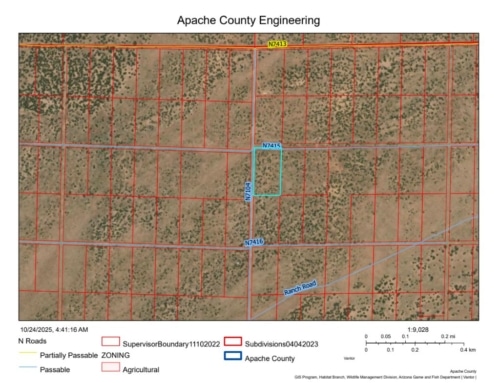While considering real estate or land investment, the very first option that brushes our mind to finance this is opting for housing loans. However, very often the loan application process is quite long and requires you to meet several eligibility criteria. Even after these, many loan applicants might find their loan applications getting rejected by lenders.
In such instances, another viable alternative to finance your land purchase goals is by buying owner-financed land. If you are wondering what is owner-financed land and its benefits, this blog is for you.
Keep reading for detailed knowledge on the working and owner-financed lands pros and cons.
Table of Contents
What is Owner Financed Land?
In simple terms, owner-financed land is a process, where a land buyer receives direct financing from a seller instead of a mortgage lender. To make a land investment with owner financing, as a buyer you must pay a certain amount to the seller for a given period. The tenure of these equated installments of payments usually culminates once the buyer repays the entire amount they borrowed.
Unlike the regular buying process, one of the perks of purchasing owner-financed land for saleis that it simplifies both parties' buying terms and conditions.
How Does Owner Financing Land Work?
Also known as creative and seller financing, opting for land for sale with owner financing benefits the buyers in many ways. Among the pros and cons of owner financing, one of the most important perks is that this process eliminates the need and expense of a bank intermediary.
Unlike housing loans or mortgages, with owner financing, the property seller provides a sufficient amount that shall help cover the purchase price of the property in question. To repay this amount, the buyer will now make regular small payments for a certain period.
To ensure transparency in transactions while buying owner-financed land, both parties sign a promissory note. The terms and conditions of this document shall bind both parties until the buyer repays the entire amount. Additionally, the owner can also hold the Title deed of the property as collateral until the buyer completes the repayment.
However, this must be mentioned in the contract to ensure a smooth transfer of ownership. These act as benefits of owner-financing as opposed to seeking loans or other financial help.
Owner Financed Land Pros
Now that you have an idea of what is owner-financing land for sale and how it takes place, let's take you through the owner-financed land's pros and cons for buyers.
Flexible Down payments
Unlike bank mortgages, there are no minimum down payment charges. As a buyer, you can provide a down payment amount as per your capabilities.
Quick and Easy Loan Approval
To borrow an amount to buy owner-financed land, you do not need to undergo the traditional processes. These include elaborate paperwork and a long waiting period until the loan gets sanctioned. You can also skip processes like credit score, income, and repayment capacity validation before banks disburse the amount. Thus, opting for owner financing helps speed up the process of amount disbursal and land purchase.
Less Paperwork and Fees
To sanction housing loans, we already know that banks conduct detailed paperwork. They also charge several fees with every repayment that tends to add up to your financial burden. However, you can omit these steps and additional expenses by opting for owner financing for land investment.
Smart Alternative for Buyers with Low or No Credit Score
It is a fact that banks and other lending institutions will sanction your desired housing loan amount only if you have the required credit score and a perfect credit history. However, if your credit score is below the set mark or if you do not have a credit record, these institutions might not approve your loan application.
In such instances, you can opt for owner financing to ensure faster financial assistance to buy land even with a low credit score.
Customizable Contracts
This is another important perk we must not miss while discussing the pros and cons of owner-financed land purchases. Unlike bank mortgages, the contract that binds property sellers with buyers is more flexible with the terms of owner financing. The terms and conditions of amount disbursal, repayment, tenure, and collateral are set at the convenience of both parties involved.
Owner-Financed Land Cons
For further ideas on owner-financed land pros and cons, take a look at the demerits buyers might face with this type of land investment.
While there are many benefits, it's also essential to consider potential drawbacks. These cons can vary widely depending on the seller, and with the right seller, these issues might not be significant.
Owner Approval is Relevant
As the seller provides the finances to help you purchase the land, whether or not you can opt for this facility solely relies on the former discretion.
Watch Out For Unethical Businesses & Scams
Owner-financed land contracts, terms, and conditions are not bound by any higher body. Consequently, these expose buyers vulnerable to instances of financial scams.
One of the dangers related with owner financing is the potential for unscrupulous businesses and tricks. Owner-financed land contracts, terms, and conditions are not bound by any higher body. Consequently, these expose buyers vulnerable to instances of financial scams.
It's significant to conduct due diligence, verify the legitimacy of the transaction, and possibly consult with a real estate attorney.
Interest Ratescan be Higher and Less Flexible
Interest rates advertised by seller can be less adaptable than traditional moneylenders. Whereas a few dealers may offer competitive rates, others might charge higher intrigued to compensate for the expanded chance they are taking on by financing the buy. Buyers ought to be arranged to arrange and shop around for the most excellent conceivable terms.
Due-on-Sale Clause
If there is an ongoing financial debt on the property in question at the time of ownership transfer, it can cause a major issue. In such instances, once the property gets sold, the bank or lender will require you to pay the entire debt amount in full as new owners of the property. This shall unnecessarily increase the financial burden on you as the new buyer.
Might Incur Baloon Payments
Very often, the repayments of owner-financing debts become large balloon payment amounts at the end of 5 to 10 years. If you are unable to fund this huge amount, you might lose the already paid amounts and the purchased land or property.
Sum up
To conclude, these aforementioned points cover all the necessary owner-financed land prosand cons. By going through these, you can analyze whether opting for owner-financed land is right for your budget or not.
Owner financed land offers a unique and often advantageous alternative to traditional financing methods. With benefits such as quick approval processes, favorable terms, and reduced paperwork, it can be an appealing option for many buyers.
However, it is also important to be aware of potential downsides, such as the need for seller approval, the risk of scams, and potentially less favorable interest rates. By carefully considering these factors and conducting thorough research, buyers can make informed decisions and potentially benefit greatly from owner financed land transactions.
You can also consult real estate experts for a deeper knowledge of land investments and to proceed with informed decisions.






